Buenos Aires
Zweifel
Martín Gambarotta
Übersetzt von Timo Berger
Hier ist das Wasser anders, die Schuppenblätter
der Artischocken sind anders, alles ist
im Wesentlichen anders
aber der, der eine Flasche aus dem Kühlschrank fischt
und sie auf die Arbeitsplatte stellt, ist
grundsätzlich derselbe.
*
Ihr, die ihr euch für die Konfrontation
entscheidet, ihr die ihr euch für
die Konfrontation entscheidet, ihr
die ihr euch für die Konfrontation entscheidet
Ihr die ihr euch für den Nachhall entscheidet, ihr
die ihr euch für den Nachhall entscheidet, ihr, die
ihr euch für den Nachhall entscheidet.
Ihr, die ihr euch für den Zweifel entscheidet, ihr
die ihr für den Zweifel entscheidet, ihr, die ihr für den Zweifel
entscheidet.
Ihr, die ihr die für die Anomalie entscheidet, ihr
die ihr für die Anomalie entscheidet, ihr, die ihr für die Anomalie
entscheidet.
Ihr, die ihr millimetergenau eure Handlungen
messt, ihr, die ihr millimetergenau
eure Handlungen messt, ihr
eure Handlungen messt.
*
Fünfzehn Monate, drei der Monate
um den Rest der Monate zu entschlüsseln
deine Monate, das … Read More »
Cardenio (excerpt)
Carlos Gamerro
They lived together on the Bankside, not far from the playhouse, both bachelors; lay together; had one wench in the house between them, which they did so admire; the same clothes and cloak etc. between them.
—John Aubrey, Brief Lives
ONE
October to November 1612
Letter from John Fletcher to Francis Beaumont, 31st October 1612.
My dear Damon,
I began work on our Cardenio yesterday with Will, or rather on Will with Cardenio, for I was forced to play the peddler and urge its many virtues and beauties, all but begging him to help me write it: to this state your desertion has brought me. The going was not easy, and he is far from won over yet. The story we so often read to one another with such delight and so dreamed of bringing on the … Read More »
Dubitation (a selection)
Martín Gambarotta
Translated by Alexis Almeida
Here, the water is different, the artichoke
leaves are different, everything is
in essence, different,
but he who takes the bottle from the refrigerator
and puts it on the table is
basically the same
*
You who choose
confrontation, you who choose
confrontation, you
who choose confrontation.
You who choose reverberation, you
who choose reverberation, you who
choose reverberation.
You who choose dubitation, you
who choose dubitation, you who choose
dubitation.
You who choose anomaly, you
who choose anomaly, you who choose
anomaly.
You who measure your actions
milimetrically, you who measure
your actions milimetrically, you
who measure you actions milimetrically.
*
Fifteen months, three of those months
to decode the rest of the months
your months, which is to say north of those
months there was nothing.
*
You who are able to materialize, you
who are able to materialize. You who are able
to materialize.
*
You who don’t understand the benefit
of having spent long hours, entire days
with binoculars watching birds and
recording their names … Read More »
DARK (an overture)
Edgardo Cozarinsky
translated by Cayley Taylor
It starts, always, in the temples, an almost imperceptible throbbing at first, and in the precise moment he acknowledges it, that pulsing starts to grow until he feels as if his head is going to explode and his vision gets cloudy and the distance between him and the objects surrounding him wavers and the arm that he stretches out for the phone is slow in reaching it and the emergency medical service number doesn’t show up in the list though he knows that he’s added it to the phone’s memory. But it’s not just the head. The chest replicates the throbbing of the temples, the thorax narrows and the ribs press down on something that he can only think to call heart, he can’t breathe and the air doesn’t enter his open mouth. He … Read More »
Travelers to Buenos Aires
Lucas Mertehikian
translated by Jennifer Croft
The history of the Americas has always been inseparable from the notion of travel, and Argentina is no exception to this rule. In fact, the history of Argentina’s literature can only be understood in connection with the men and women who arrived at its shores from far-off lands and wrote about that very experience.
No sooner had Argentina declared its independence than it began to see travelers—many of them from Great Britain—looking to try their luck and explore the commercial prospects of the new nation. The country’s vast plans captivated this multitude of newcomers who, with their aesthetic sensibilities that tended to fall somewhere in between the naturalism and the romanticism of the era, documented this astonishment in numerous books.
Adolfo Prieto has suggested that it was those books that led the first writers … Read More »
The Amazing Argentine [excerpt]
John Foster Fraser
Lucas Mertehikian
translated by Jennifer Croft
In 1899, Scottish writer John Foster Fraser (1868-1936) made a name for himself in Great Britain with his book Round the World on a Wheel, the result of a bicycle trip made with two friends across over ten thousand miles of Europe, Asia and the United States. Unlike other books dedicated to travel, Foster Fraser’s book was not “about anthropology or biology or archaeology.” He made no claims to studying the places he went—only claims to fame: “We took this trip round the world on bicycles because we are more or less conceited, like to be talked about, and see our names in the newspapers,” he states in the preface.
And it worked: over the course of the next few decades, Foster Fraser traveled to and wrote about young … Read More »
On Luna Paiva’s “Memorias Herméticas”
Andrew Berardini
Even if the meaning of ancient totems disappeared, their meaningfulness has not. A human hand altering nature with purpose, these ancient stacks of stones mark a path or honor a god, measure the stars or memorialize war. We can’t really know for sure. Stand in the shadow of a megalith and you feel its force, an ancient energy still at work, blunted by our ignorance but no less powerful in its shifted mass. We know it means something important, even if we’ll never know precisely what. In stone cairns scattered across a planet, we find evidence of our ancestors, a simple shape we still make in the few wildernesses we have left. It is a basis of communication and expression with material, the beginning of sculpture.
Here these sculptures stacked by Luna Paiva angle with their own obscure … Read More »
Edgardo Cozarinsky
Translated by Victoria Lampard and Heather Cleary
From “Ultramarina,” a contemporary opera by Marcelo Lombardero, with music by Pablo Mainetti and a libretto by Edgardo Cozarinsky, based on his novel “El rufián moldavo” (Emecé 2004). “Ultramarina” premiered in “Hasta Trilce” in April 2014. The excerpt that follows is a play on tango kitsch sung by a prostitute named Perla.
A CLEAN SLATE
If I could spit out all the kisses
That tainted my young lips…
If I could wash away the scratch of
of all those god-forsaken sheets…
If I could wipe away the caresses
that consumed my skin, then I could love you.
Oh how I wish you were my first,
the one who lied to me a thousand times.
(Does it matter? It is a man’s way to lie
to a woman, and love her all the same),
How I wish you could see me as I once was,
and … Read More »
Interview with Roberto Jacoby
by Reinaldo Laddaga
translation by Jane Brodie
Ana Longoni put it so well that I will just copy a passage from her introduction to essays by Roberto Jacoby and other documents related to his work collected in an indispensable book published on the occasion of El deseo nace del derrumbe,the Roberto Jacoby retrospective held a few years ago at the Museo Reina Sofía in Madrid. It says:
It’s not easy to come up with even one “avant-garde scene” in Argentine art since the sixties that did not have him at the forefront. RJ has been at the heart (or in the brain?) of countless milestones (many of them now mythical) of Argentine culture and art from the last half century. The list is impressive: in 1966, the Arte de los Medios group, now recognized internationally as … Read More »
The Ceremony
Inés Marcó
translated by Alex Niemi
CAST
Pope
Layman
Guard of the Brotherhood
Brothers of the Circle
The characters meet at the entrance of a large urinal. The Pope is waiting for them.
Before entering, the brothers greet the Pope by turning in circles and waving their hands as if dancing the tarantella.
Everyone wears paint-stained aprons.
After the greeting, the Pope bestows a brush and palette on each of them. The brothers introduce themselves and crawl one by one into the hole of the urinal.
Once inside, the ceremony begins.
The Pope asks the Guard of the Brotherhood if all present belong to the circle. The Guard of the Brotherhood makes his rounds and confirms that they do.
Pope: Dada. Dada. Let the meeting begin!
All (in a church whisper): Dada. Dada.
Pope: In this, the 92nd year of our era, we will initiate a layman to our … Read More »
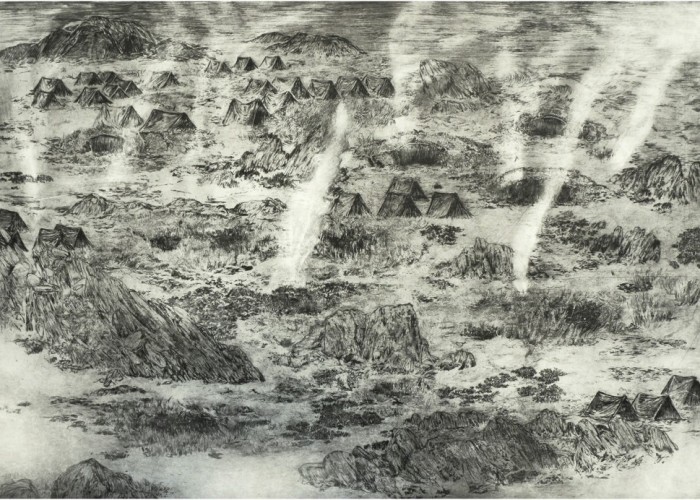
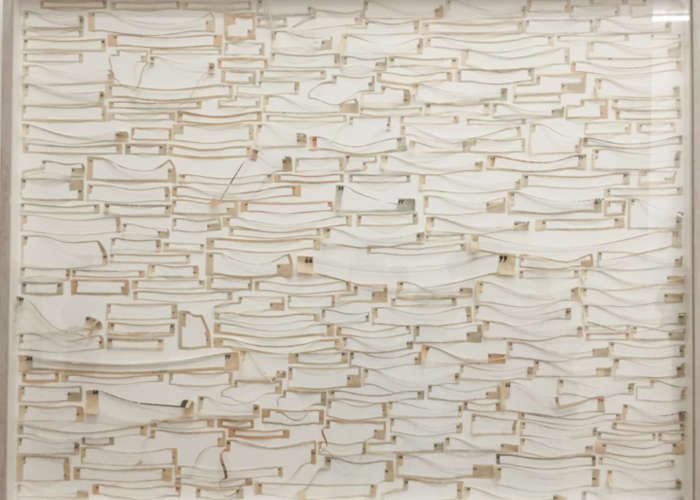
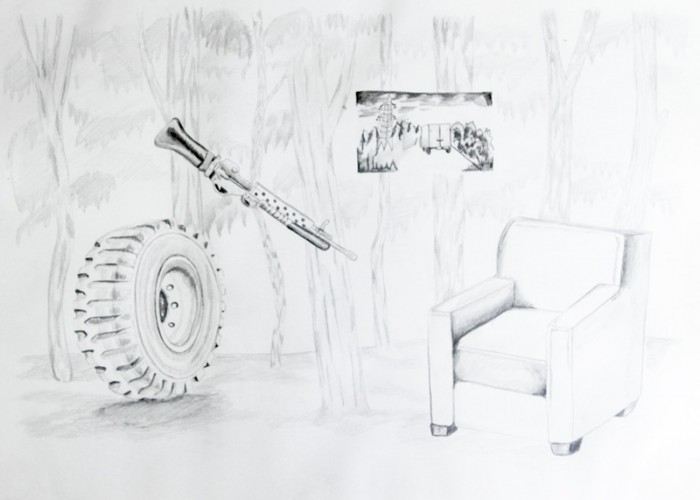
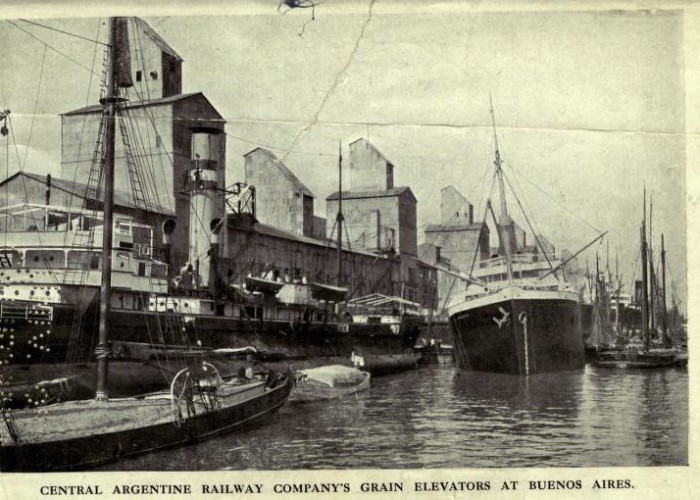
![The Amazing Argentine [excerpt]](http://www.buenosairesreview.org/wp-content/uploads/amazingargentine00frasrich_0037-700x500.jpg)
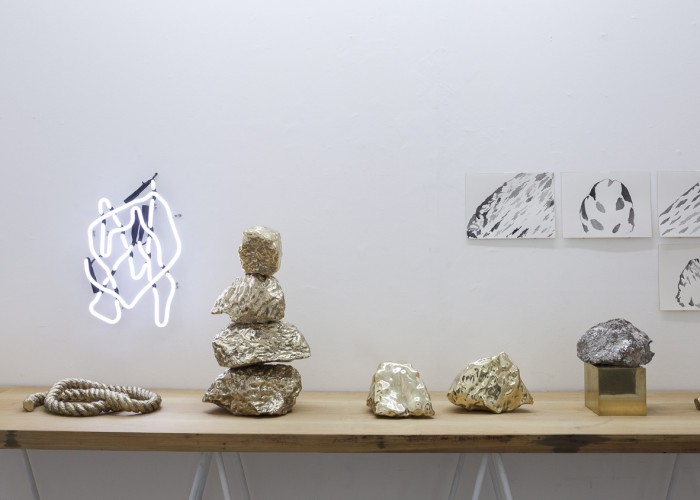
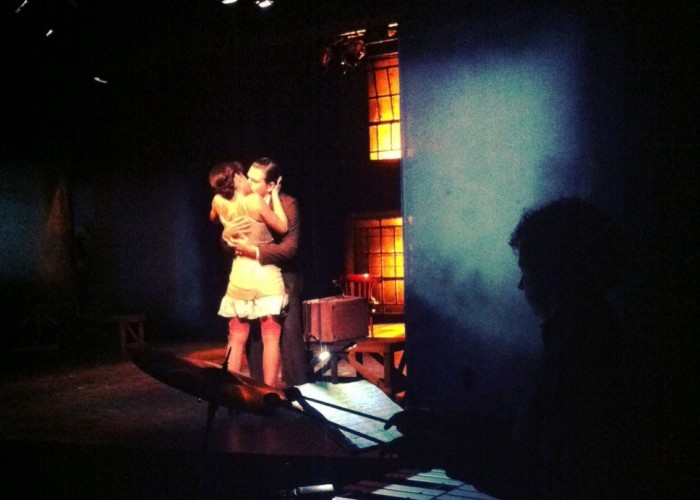
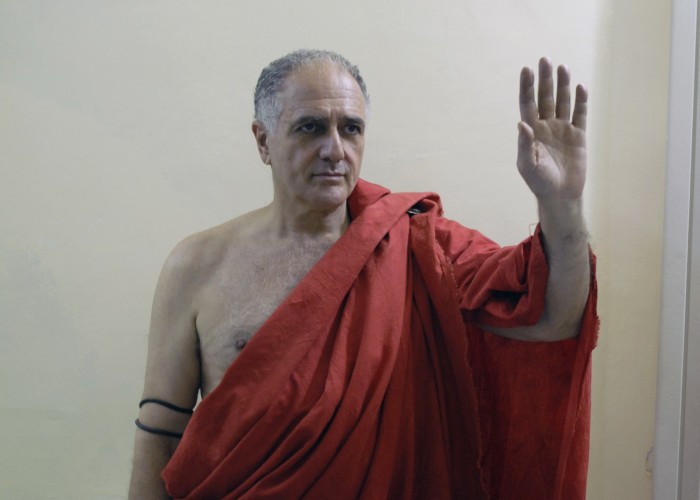
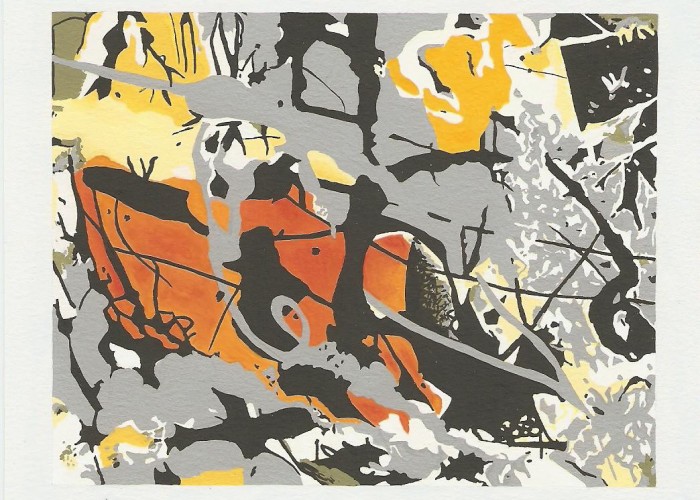



 sending...
sending...